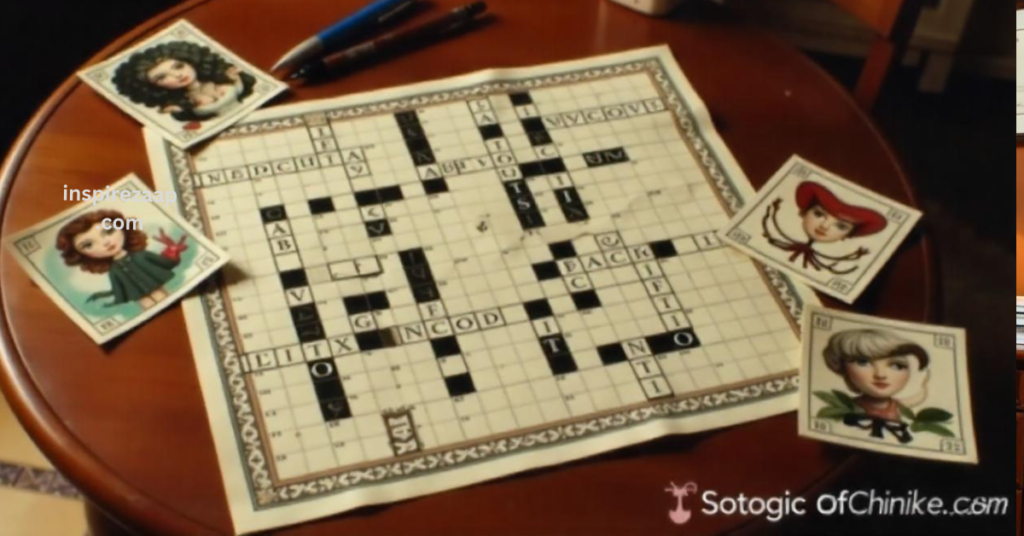In an era where stereotypes of aging are being reevaluated, women who defy these notions are celebrated like never before. The New York Times (NYT) has been at the forefront of this cultural shift, covering stories of women who challenge age-based expectations with resilience, wisdom, and flair. These “modern beldames” are reclaiming the traditional archetype of the “beldame” — once associated with witch-like or eccentric figures in folklore — to embody a new image of confidence, leadership, and unapologetic individuality.
The term “beldame,” historically rooted in Old French and ironically meaning “beautiful lady,” evolved to label elderly women with an air of mystery or power. However, in modern society, this term is being reshaped to acknowledge the strength, knowledge, and accomplishments of women who continue to thrive well into their later years. NYT’s profiles on these women reveal how they are transforming the concept of aging and forging new paths in fields as diverse as the arts, politics, activism, and digital media.
Breaking Stereotypes and Shattering Age Norms
One of the most impactful aspects of NYT’s coverage on this movement is its focus on individual stories that illustrate how older women are breaking barriers across various fields. Leaders such as Jane Fonda and Ruth Bader Ginsburg have become icons of enduring influence, showing the world that purpose and dedication don’t diminish with age. These women defy conventional expectations, contributing profoundly to social issues, justice, and cultural trends, often with even greater authority and wisdom than in their younger years.
NYT has also highlighted the success stories of less-known yet equally inspiring women who make an impact in their communities and industries. In business and technology, for example, women over 60 are often launching their first companies or establishing themselves in new careers. These women challenge the notion that innovation is only for the young and are paving the way for a more inclusive workforce. Profiles of artists and writers in their later years also demonstrate that creative output can grow deeper with experience. Figures like Margaret Atwood and Yayoi Kusama exemplify how artistry and intellect can flourish long after conventional retirement age.
Bridging Generations and Building New Platforms
An exciting part of this modern beldame renaissance is how older women are using social media to connect with younger audiences. Through platforms like Instagram and TikTok, women previously considered “too old” for modern trends are sharing their experiences and wisdom, creating digital communities that bridge generational divides. This movement helps deconstruct stereotypes of older women as outdated or out of touch, showing instead that they are open to adapting, learning, and leading. Influencers such as Lyn Slater, who started her fashion blog in her 60s, have amassed followers by proving that style and relevance have no age limit.
Conclusion: Embracing the Age of the Modern Beldame
The resurgence of respect and admiration for older women, amplified by NYT’s storytelling, signals a powerful cultural shift. These “modern beldames” redefine aging by embracing their experiences, passions, and strengths, thereby breaking free from outdated stereotypes. As more women share their stories and claim their place in society, they inspire others to live authentically, regardless of age. The NYT’s focus on these remarkable women not only celebrates their achievements but also shifts society’s view of aging, proving that age is not a barrier but a testament to resilience, wisdom, and endless possibility. This era of the modern beldame invites society to honor women at every age, making it clear that their contributions continue to shape our world in essential and beautiful ways.


